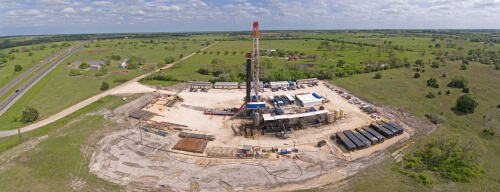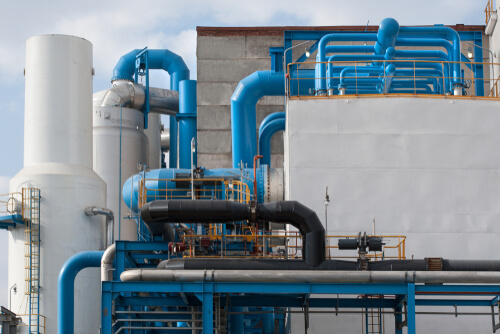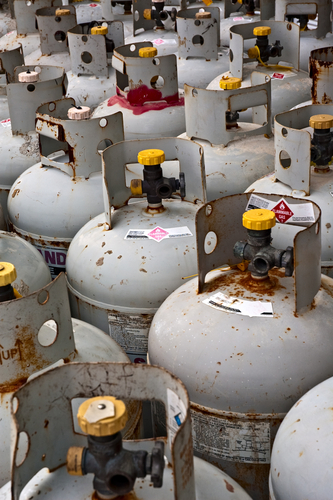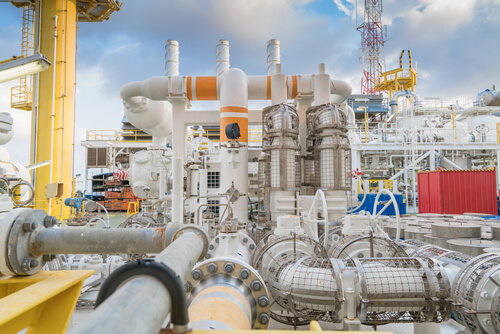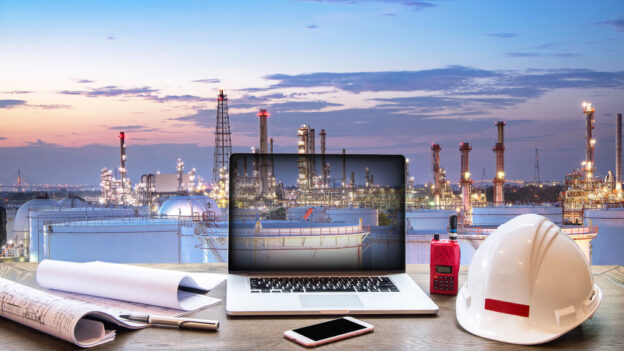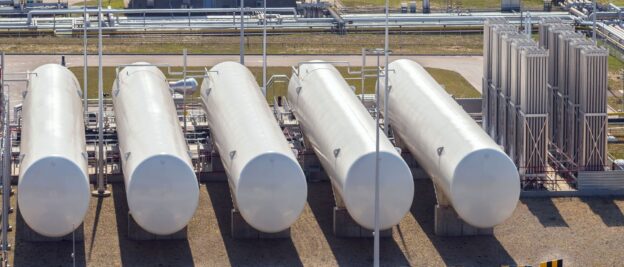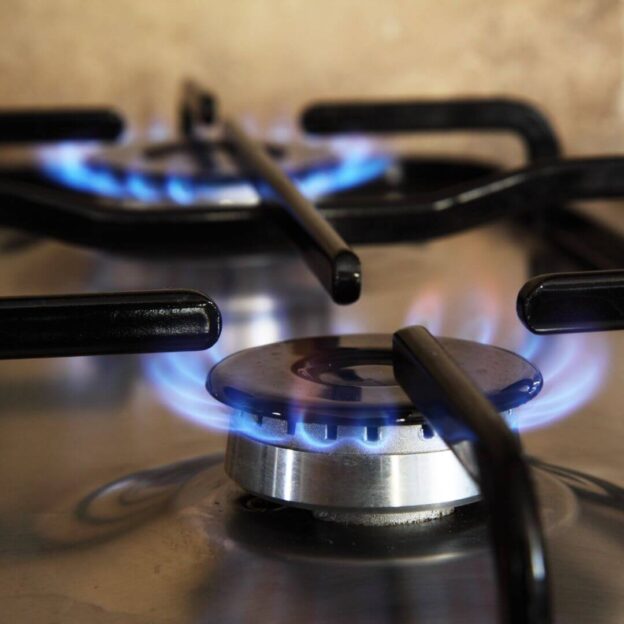Natural gas is a product that keeps our world in motion. Fortunately, the United States has access to several natural gas reserves across the nation.
Natural gas, however, is a limited resource, and national production facilities and even consumers need to understand the state of mining areas in various regions.
Let’s take a closer look at a snapshot of the current state of affairs within shale locations in the country and find out more about the direction our industry is headed
Marcellus Shale
Located primarily in Pennsylvania and West Virginia, the Marcellus Shale is one of the largest natural gas fields in the United States. It covers a vast area and has significant reserves of natural gas.
As of 2019, the Marcellus Shale has proven to be a fruitful but limited resource for natural gas. It is expected to last a maximum of 92 years. However, don’t let the expiration date scare you off, there is still an estimated 214 trillion cubic feed of undiscovered natural gas throughout the shale.
Utica Shale
Situated beneath the Marcellus Shale, the Utica Shale extends across parts of Ohio, Pennsylvania, and West Virginia. It contains substantial natural gas resources and is considered an attractive location for drilling.
The Utica Shale is an extremely fruitful location for both natural gas and oil extraction. It currently contains around 38 trillion cubic feet of natural gas, 208 million barrels of natural gas liquids, and around 940 million barrels of crude oil!
Since this shale is located a few thousand feet below the Marcellus Shale, it hasn’t extensively been explored. However, with technological advancements in horizontal drilling and hydraulic fracturing, our industry is expected to begin to make the most of what this underground wising well offers.
Haynesville Shale
The Haynesville Shale is located in Louisiana and Texas. It is another prominent natural gas deposit that is known for its vast reserves and has been a significant contributor to the United States’ natural gas production.
The Haynesville Shale has recently begun to live up to the high production standards that Texas and Louisiana hold it to. In March 2023, the shale produced an average of 14.5 billion cubic feet per day, a record high for the location!
Eagle Ford Shale
Situated in South Texas, the Eagle Ford Shale is a prolific natural gas and oil field. While it is renowned for its oil production, it also contains substantial amounts of natural gas. The shale experienced a decline in production throughout 2020. However, industry experts predict production levels to expand and grow beyond pre-pandemic levels by 2025.
Stay Up-to-Date on Natural Gas with Pro-Gas Services, LLC
The natural gas industry is subject to changes and developments over time. This makes critical services like NGL storage and excess reserves an important solution for preserving the state of our limited resources.
As exploration and production companies continually assess new areas and technologies, the landscape of natural gas extraction evolves, and we’ll eventually have further updates on these and other natural gas extraction locations.
Stay tuned to our blog for these and other news updates surrounding our industry.
Contact us today to learn more about the services we provide that can improve your facility and mining sites.


